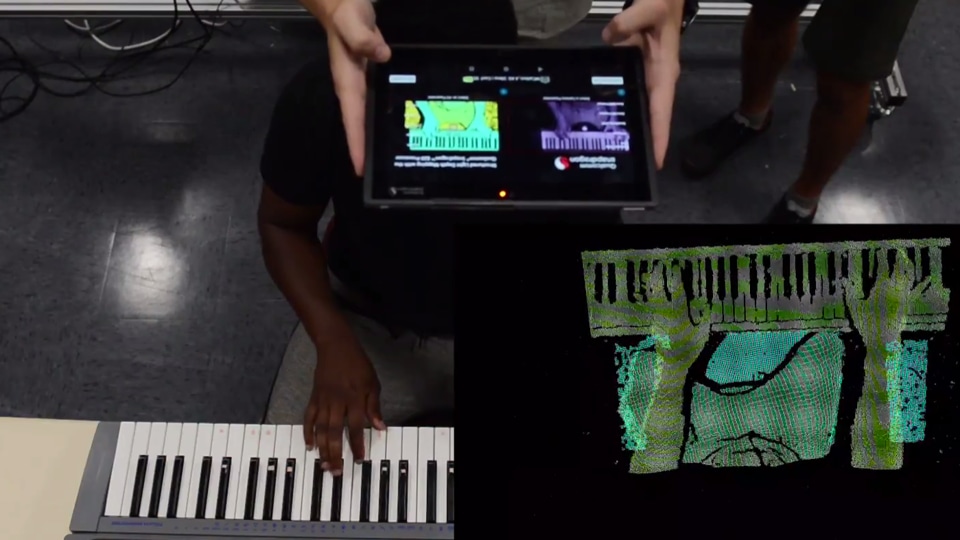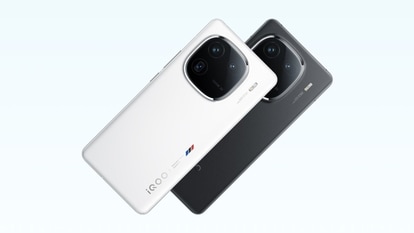Qualcomm’s new depth-sensing tech to bring richer AR experience in future Android smartphones
The first generation Spectra ISP was integrated into Qualcomm’s top-end Snapdragon 820 and 835 platforms. The second generation focuses on bringing a better depth-sensing feature in the future Android smartphones.

Augmented Reality (AR) and Virtual Reality (VR) have been around for quite a few years now. The consumer adoption of the two technologies has perhaps begun very recently. With companies such as Apple, Facebook, and Google embracing AR and VR, more are expected to get started with these new technologies.
The major push, however, is likely to come when more affordable phones, Android smartphones to be precise, get the native support for AR and VR. Qualcomm, one of the biggest mobile chipset companies in the world, is now working exactly towards this.
Qualcomm has announced the second generation Qualcomm Spectra ISP (image signal processor), which is a part of its new Spectra Module Program. The new ISP brings chipset-level high-resolution depth sensing.
The new Spectra ISP comes with "inline gyro-based electronic image stabilization (EIS) to reduce unwanted vibrations when recording videos, machine learning accelerated computer vision for advanced used cases like face detection and improved bokeh photography and accurate simultaneous localization and mapping (SLAM) for XR use cases," the California-based company explains on its website.
Qualcomm is offering three new camera modules, which includes an iris authentication module, a passive depth sensing module, and an active depth sensing module. The iris authentication module is aimed at bringing improved and faster biometric scanners on the Android devices.
Currently, an iris scanner is a rare commodity and only select devices like the Samsung Galaxy S8 and Galaxy S8+ have this. Meanwhile, Apple is also rumoured to introduce iris scanner in its forthcoming iPhones. Qualcomm's iris scanner, however, is anticipated to be far better than the existing technologies. The scanner will offer better face detection that cannot be easily spoofed.
The passive depth sensing module will work with the main sensor to determine the depth and deliver a bokeh-effect, which is essentially keeping the focus on the subject and blurring the background. The module is mainly aimed at entry-level Android smartphones.
The active depth sensing module is supposed to deliver accurate high-resolution depth maps using structured light. It could reconstruct an object in 3D even in low-light environments. In one of its demos, Qualcomm claims that the sensor is able to detect changes in depth as tiny as .1mm apart. Qualcomm is expected to announce new and more details about its second generation Spectra ISP later this year.
Catch all the Latest Tech News, Mobile News, Laptop News, Gaming news, Wearables News , How To News, also keep up with us on Whatsapp channel,Twitter, Facebook, Google News, and Instagram. For our latest videos, subscribe to our YouTube channel.

























